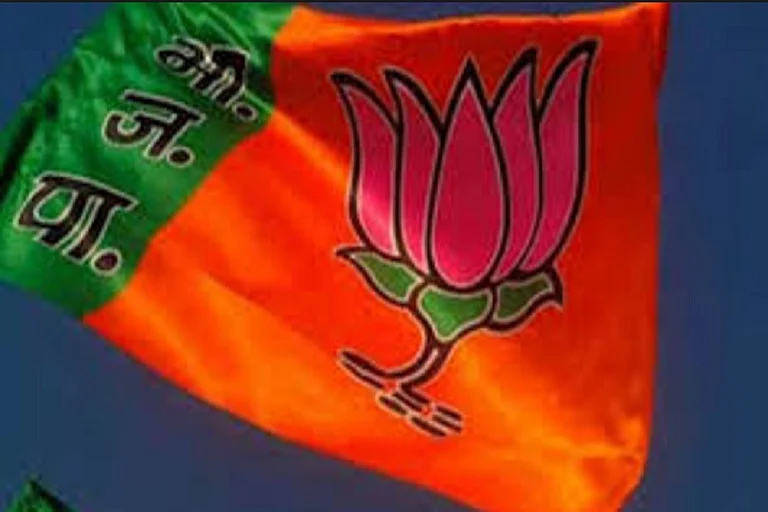The Sanskrit phrase vasudhaiva kutumbakam (the whole world is one family) happily rolls off even the most parochial tongue to show how our weltanschaaung finds its origin in the Vedas. But scratch an Indian hard—scratch yourself hard!—and you will find that despite 20 years of living in a supposedly wired world, supposedly flattened by globalisation, it’s still a tiny oyster we inhabit in our mind’s eye. Much of our interest in the third rock from the sun, beyond our borders, is largely restricted to gaping at Pakistan’s nuclear navel—or, lately, Veena Malik’s air-brushed one. The spunk and strides of Bangladesh barely cause a tinkle in the scotch glasses at India International Centre. Sri Lanka, of course, is another continent.
Sure, desis doing well on either side of the Pond; certificates of the tiger lying in wait to pounce on the dragon in 10-20-30 years etc warm the media’s cockles. But large parts of world that have more in common with us than the Singapore and Shanghai our politicians chase—South America, Africa—barely invite a look-see. Little wonder, the sight of the US-educated external affairs minister of the world’s largest democracy reading his Portuguese counterpart’s speech at 777, UN Plaza, without batting an eyelid is an object of ageist mirth back home, not shame. You might say, “We are like this only.” And truth to tell, they are like us too.
At least our fixation for ‘general knowledge’ has equipped us to know what Eyjafjallajokull did, where. At least a game played between countries on five continents has given us two World Cups; the Americans call an inter-club tourney ‘World Series’. Still, the top news searches for 2011 from India, spotted by Google, is instructive of our insulation: IPL, Cricket World Cup, CBSE results, Diwali, Lokpal bill, Japan earthquake, Aadhar card, Osama bin Laden, Pakistan and F 1 racing. The two foreigners we searched for the most: Justin Bieber and Steve Jobs. The easiest conclusion to jump to is that we aren’t interested unless it is death or disaster—not very different from how the ‘West’ used to be interested in us before yoga, food, Bollywood and information technology gave the nation a niche in the global brandgame.
Even so, should the next question always be: how does it affect me, us, ours? Media researchers informally call this the me.com phenomenon, in which we become the centre of our virtual universe. The customisation of content that has been made possible by the digital era accentuates this further as we instruct our phones, tablets and computers to only serve up news and views that interests us. And not an item more.
The night editors at The Times, London, used to play a game of thinking up the most boring headline to humour themselves before putting the newspaper to bed. One famous winner: ‘Small earthquake in Chile; not many dead’. But in a year in which an Arabian vegetable vendor inspired a revolution that stretched from Africa in spring to Asia in winter; when sea water entering a nuclear plant in Fukushima after a tsunami prompted people to rush out in Koodankulam; when the plight of PIGS (Portugal, Italy, Greece, Spain) prompted the world to hold on to its wallet, 2011 was a good lesson that the unknown must not be scorned. In fact, it must be embraced. Even a small earthquake in Chile could change the world as you know it, tomorrow morning.






















